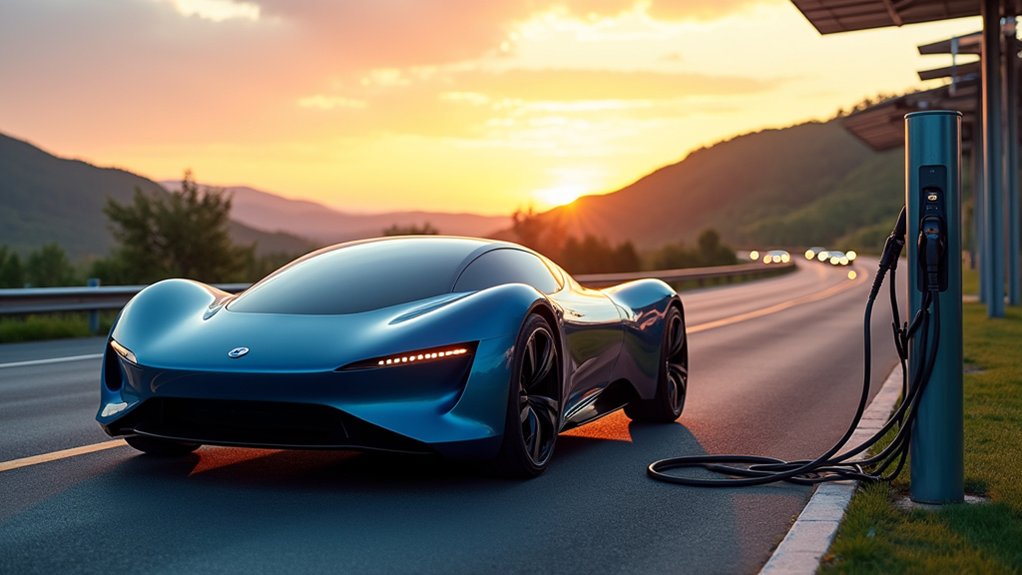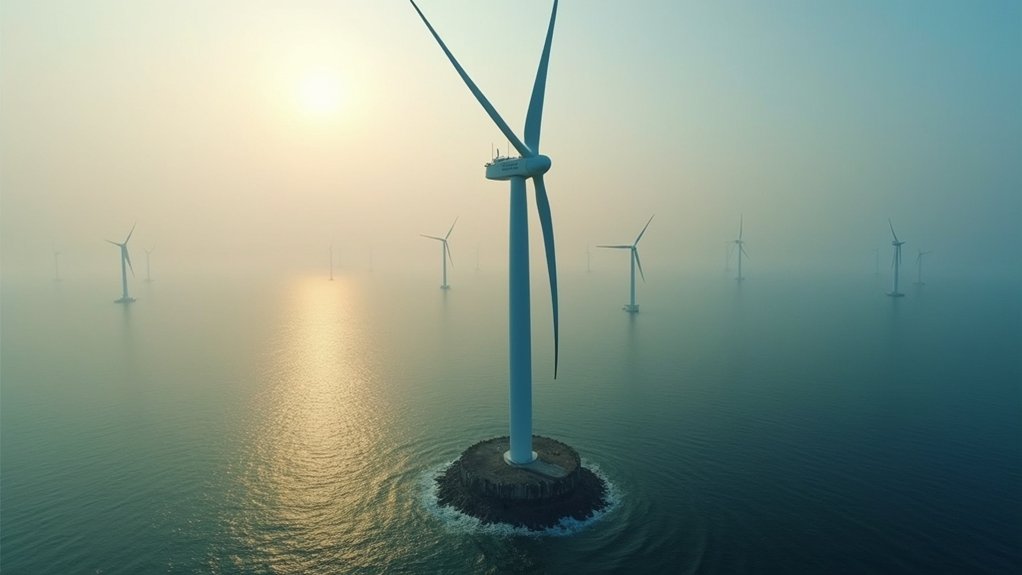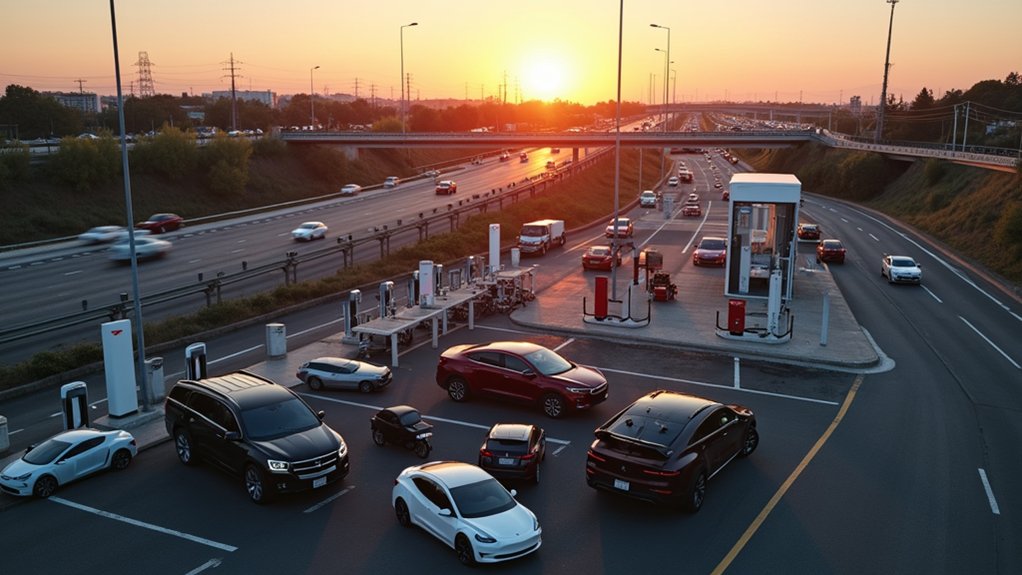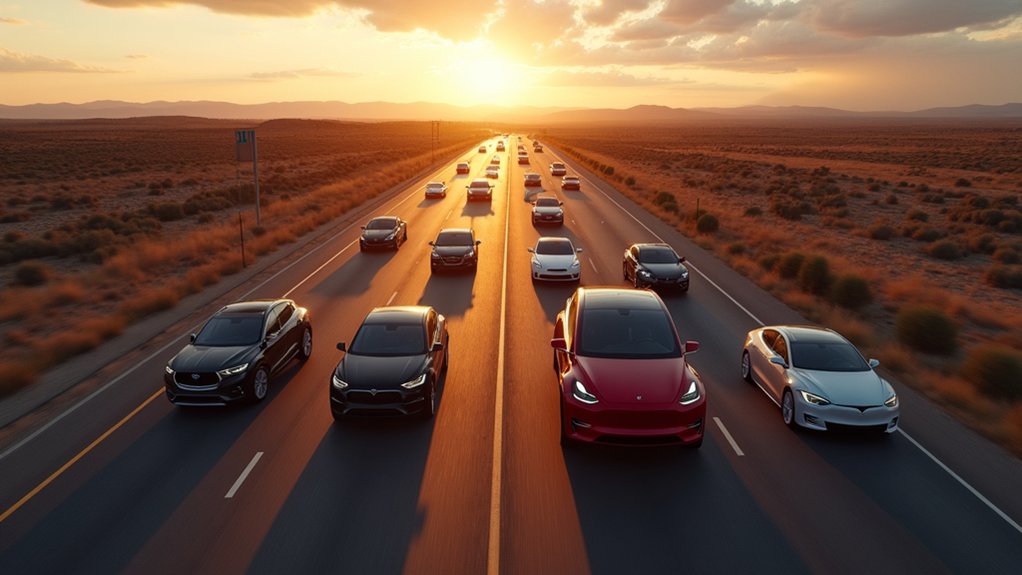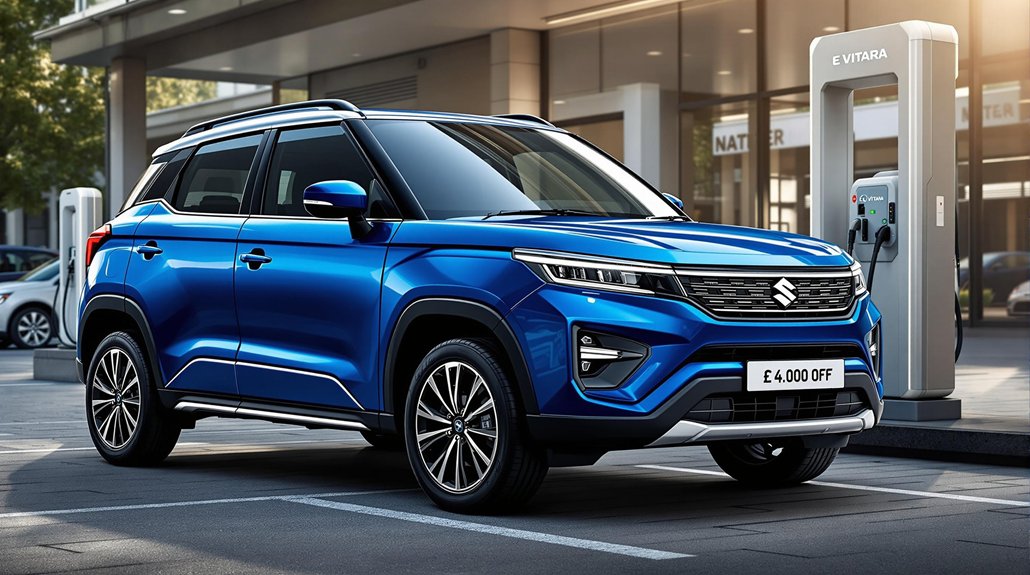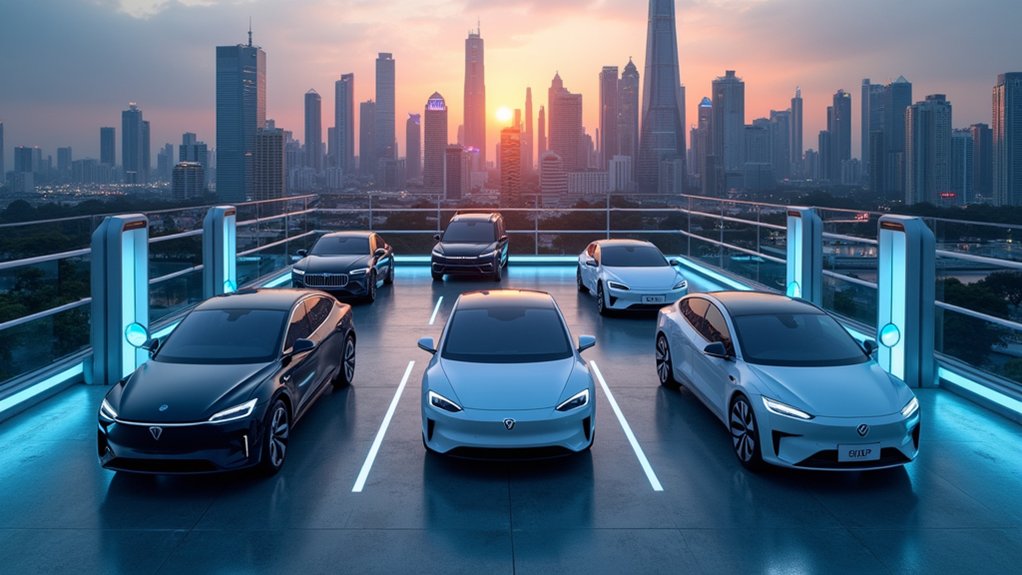As global markets increasingly embrace electrification, the automotive landscape has undergone a remarkable transformation with 40 million electric vehicles now traversing roads worldwide. This milestone caps a year that saw 14 million new EV registrations, with sales projected to exceed 17 million units in 2024—capturing over 20% of the global car market. The trajectory is unmistakable; EVs are no longer niche products but mainstream transportation options driving significant environmental benefits.
The emissions avoided by replacing internal combustion engines with battery electric vehicles (BEVs) are substantial—approximately 770 megatons of CO2, equivalent to China’s entire road transport emissions in 2023. Additionally, EVs have displaced roughly 1.7 million barrels of oil per day, a figure that continues to climb as adoption rates accelerate. The superior energy efficiency of electric powertrains—converting 60-70% of energy to motion compared to just 20% for conventional vehicles—represents a quantum leap in vehicular technology. Electric vehicles produce zero tailpipe emissions when operating, significantly reducing air pollution in urban areas.
Electric vehicles aren’t just changing transportation—they’re preventing emissions equivalent to China’s entire road transport sector while revolutionizing energy efficiency.
However, challenges persist within the EV ecosystem. The trend toward electrified SUVs creates unnecessary material intensity; these vehicles typically require batteries 25% larger than medium-sized cars despite offering similar ranges. I’ve observed that replacing SUVs with appropriately sized vehicles could save approximately 60 gigawatt-hours of battery capacity annually, reducing pressure on essential mineral supply chains. The average BEV now costs around market price of $44,400, showing promising downward trends toward greater affordability.
Grid integration presents another hurdle. Without coordinated planning, concentrated charging patterns could strain electrical infrastructure. Vehicle-to-grid technology shows promise for utilizing EVs as distributed energy resources, though widespread implementation requires regulatory frameworks that many regions currently lack.
Charging infrastructure development continues to accelerate, with the U.S. aiming to support 30-40 million EVs by 2030. Strategic deployment along freight corridors is particularly vital for zero-emission trucking adoption. The trend is also evident in emerging markets like India, where electric car registrations increased by 70% year-on-year to 80,000 units in 2023. The NAVIGAT model now provides policymakers with sophisticated tools to simulate emissions reductions and health impacts from increased electrification.
Despite production bottlenecks and material constraints, innovation in battery chemistry and recycling technologies is advancing rapidly. These developments, alongside growing consumer acceptance, suggest electric vehicles will continue defying expectations and reshaping transportation systems worldwide.
